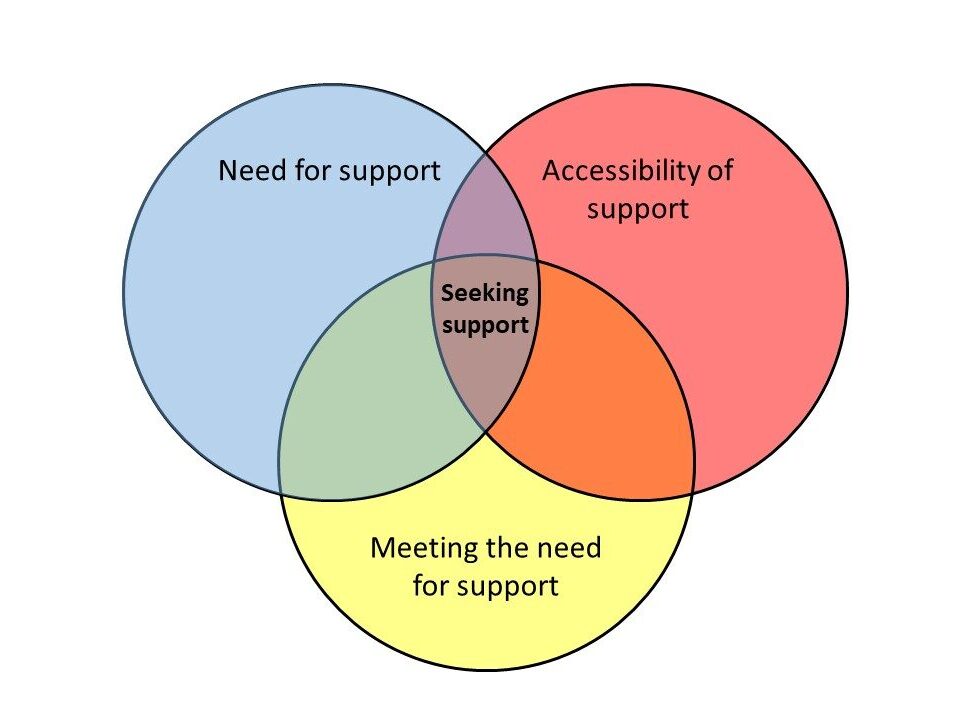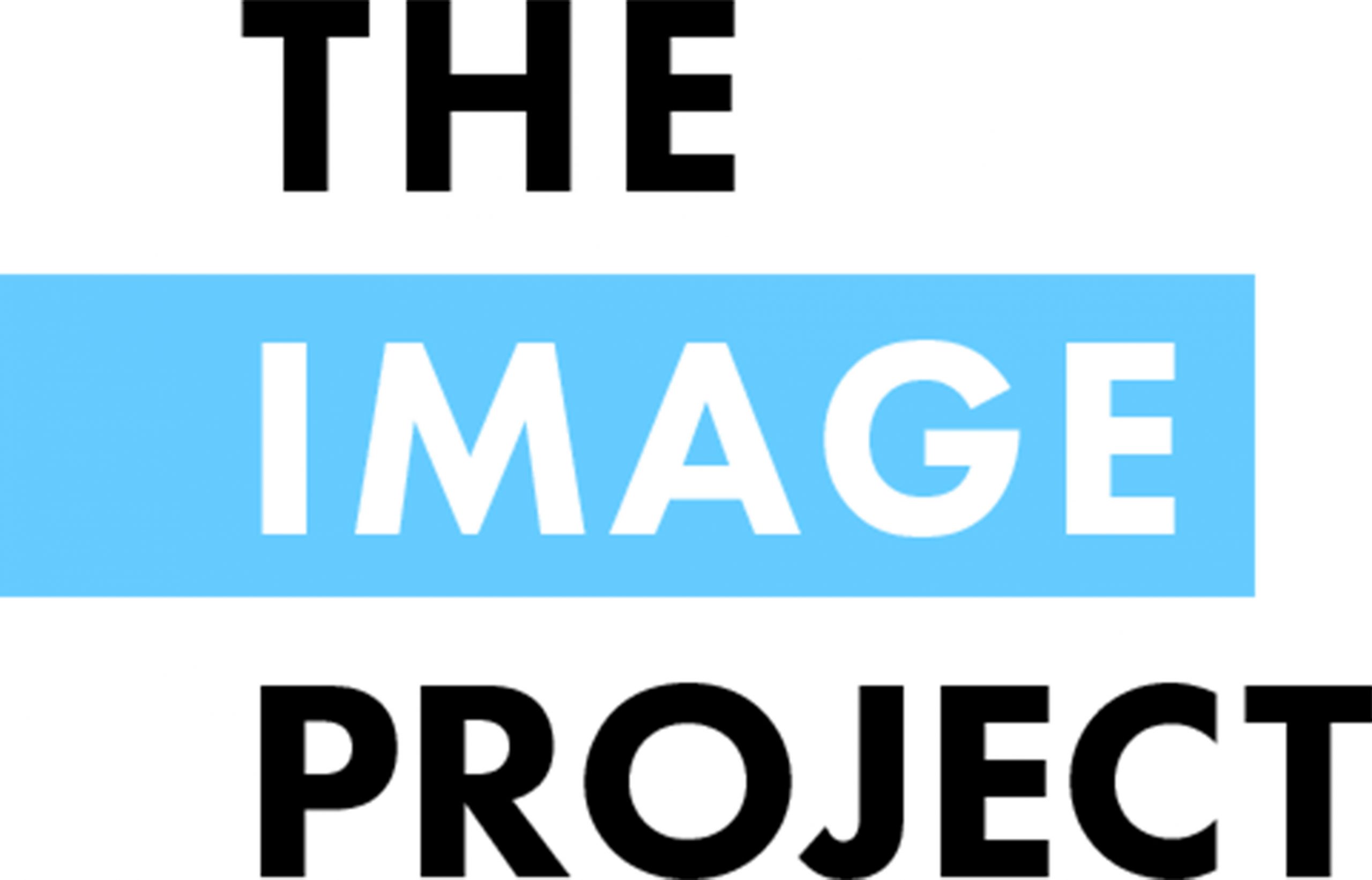Transition from university into employment is a huge step towards the next phase in students’ life. Many graduates make the transition with ease but for some it can be challenging. Minja Lahdelma examined the support structures of this transition phase from autistic graduate’s perspective in her master thesis.
Previous research shows that the number of autistic students is on the rise in higher education. At the same time it is known that autistic graduates’ employment rate is one of the worst from all the disability groups.
Nevertheless there are only a few studies that have examined how autistic graduates benefit from employment support provided by their higher education institutions.
In her master thesis Lahdelma examined what factors affected autistic students decision in seeking support from career services at their university. Previous studies have shown that the job application process is one of the typical barriers autistic people face so it was chosen to be the focus area of the thesis.
The data was collected as a part of the IMAGE Project. Participants were Finnish autistic university students or recent graduates (n=7) and career advisors (n=5). Data was gathered through semi-structured interviews and analysed using grounded theory.
Factors affecting autistic students’ decision to seek support
The study showed that many autistic students didn’t use career services even though they recognised needs for support in searching for a job. Three aspects affected students’ decisions to seek support from career services: 1) need for support and recognising it, 2) meeting the need for support and 3) accessibility of support.

The factors affecting autistic students' decision to seek support from career services (Lahdelma, 2021) Need for support during job search
Lahdelma found that autistic students and graduates perceived job application documents and interviews to be especially challenging for them. Some also needed support in the social aspect of job searching (e.g. networking) or help finding the appropriate jobs for them. Students also wondered if disclosing their diagnosis was beneficial or not. When asking this from both autistic students and career service professionals there was a clear separation. Professionals saw telling a more positive light than students themselves.
Meeting the needs of support and accessibility of career services
Many of the support needs expressed by autistic students were met by career services offered by universities, but problems with accessibility created barriers which hindered some students from using the services. There were structures in place that guided students into career services but often getting help demanded that students actively sought it.
This demand for self-directedness may form a barrier for many autistic students. More research is needed to examine this phenomenon further. But based on this study universities need to pay attention how they create systematic structures that guide students into services as effortlessly as possible. This could support not only autistic students but all the students in need for additional advice.

